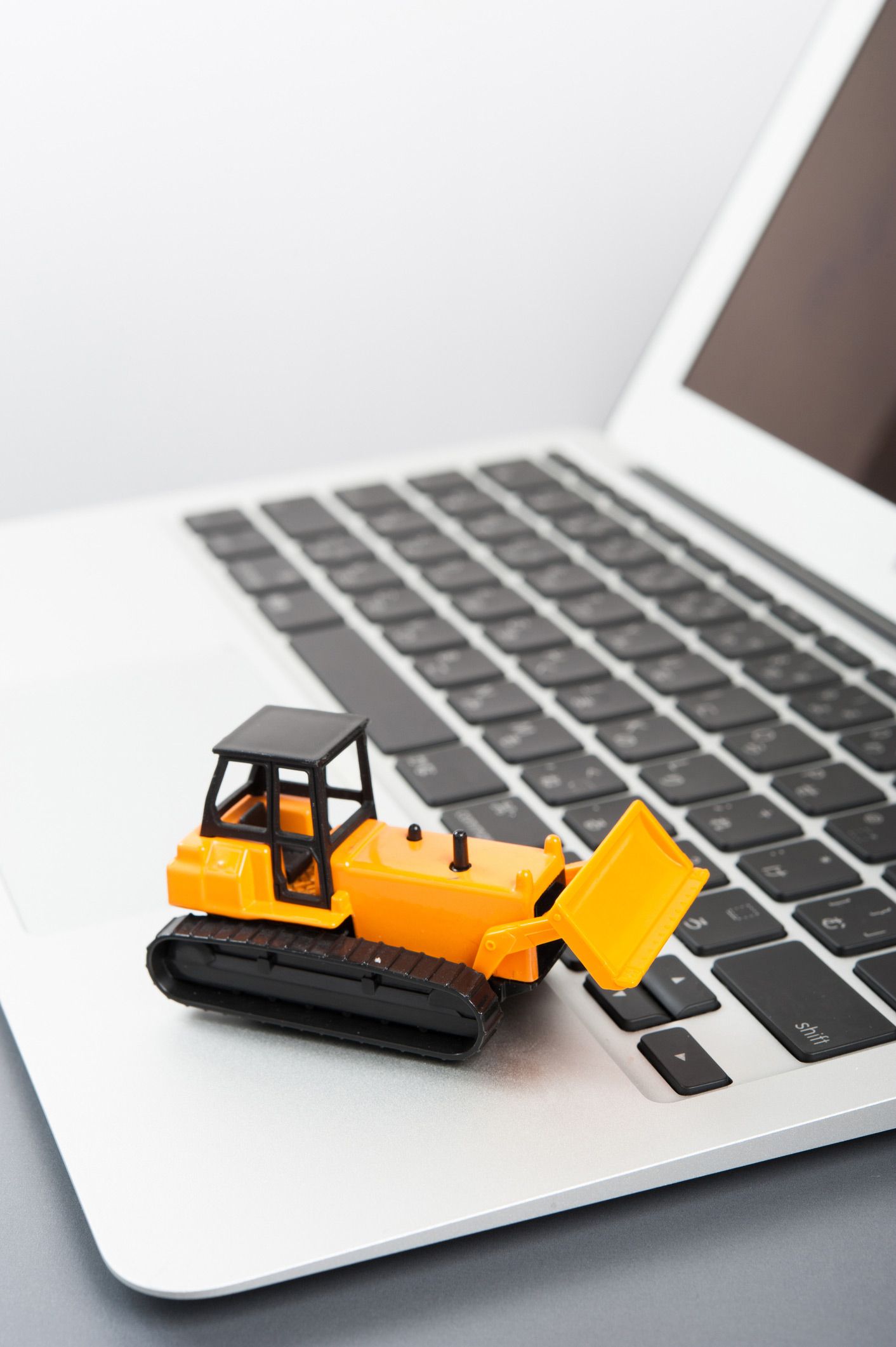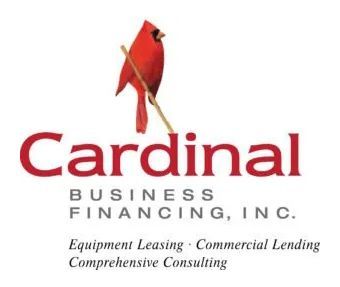Consider Leasing Over Buying
To lease or buy is the question faced by businesses across the country. Here are a few things to consider when deciding if leasing is a better option than buying.
Tax Advantages
One of the most significant advantages of leasing over buying is tax benefits. If structured correctly, lease payments, unlike loan payments, can be expensed in the period they are paid as a general operating cost. This results in a lower after-tax cost for the credit, resulting in a lower tax liability compared to depreciating the equipment cost and expensing the interest portion of the loan payments. Expensing the full payment is also easier to account for on a company's financial statements because only one general ledger entry is necessary to "book" the expense (instead of two entries necessary to account for loan payments); in many cases, leasing will keep your current lines of credit intact.
Save Money
By leasing, a company can finance 100 percent of its equipment costs. Since a lease often does not require a down payment, security deposit, or origination fee, a business can use capital or other credit means to invest in their company. Those investments frequently can produce income that negates the cost of the lease. The same justification can be made for businesses that can afford a large cash outlay for equipment. That cash could be reinvested in another, more profitable business sector, negating the cost of the lease.
Makes Budgeting Easier
Leasing allows a company to acquire equipment immediately without a huge cash outlay. Also, if structured correctly, a lease provides a monthly expense that doesn't change. If the equipment is owned or the lease is improperly structured, maintenance or repairs could punch a large hole in your budget.
Avoid Inflation
The terms of most leases are fixed. Therefore, when the "real cost" of the lease is adjusted for inflation, a business can save money over time. The net cost of the lease will decrease while gross revenues increase.
What Is the Single Most Important Benefit of Leasing Equipment?
The most important benefit of leasing equipment is improved cash flow. Leasing allows businesses to avoid large upfront costs and spread payments over time, preserving capital for essential operations, investments, or unexpected expenses. Additionally, leasing provides the flexibility to stay updated with the latest technology, maintaining competitiveness without the financial burden of outright purchases.
- 100% Financing
- Lower Payments Due to Residual Value
- Flexible Structures to Meet Cash Flow Needs
- Resolves Temporary Cash or Budget Issues
- Hedge Against Obsolescence
- Preserves Existing Bank Lines
- No Upfront Fees
Key Benefits of 100% Financing on Equipment Leases
- Preservation of Cash Flow: No down payment is required, allowing businesses to allocate funds to other critical areas like operations or marketing.
- Fixed Monthly Payments: Easier budgeting with fixed payments, avoiding the risk of fluctuating interest rates.
- Tax Advantages: Lease payments can often be deducted as business expenses, offering potential tax benefits.
- Access to Latest Technology: Leasing enables businesses to upgrade equipment at the end of the lease term, staying competitive without owning outdated tools.
- Simplified Approval Process: Easier to qualify for than traditional loans, making leasing more accessible for many businesses.
How Does Equipment Leasing Preserve Bank Lines of Credit?
Leasing equipment preserves bank lines of credit by offering alternative financing, leaving bank credit available for other needs like working capital.
- Alternative Financing Source: Leasing secures equipment without tapping into bank credit lines.
- Improved Liquidity: Maintains liquidity by keeping credit lines open for day-to-day operations or new opportunities.
- Credit Utilization: Keeps credit utilization low, positively affecting your credit score and future borrowing terms.
- Financial Flexibility: Preserves borrowing capacity for strategic investments or emergencies.
- Simplified Approval Process: Leasing typically offers faster, easier approvals compared to traditional bank loans.
Leasing Keeps Equipment Up to Date and Businesses Competitive
A rule of thumb from businesses and financial advisors encourages businesses to match the productive life with the liability associated with that asset's acquisition. By matching the lease terms to the life of the equipment, a company can match payment obligations to the productive, revenue-generating life of the asset. This is especially true with technology. It doesn't make sense to make a huge cash outlay for equipment that may be obsolete a year later.
At The Cardinal, we offer a variety of lease options that fit your needs. Finance leases, capital leases, $1 buyout leases, 10% PUT (payable upon termination), skip payments, and seasonal payments, all designed for the exclusive needs of your business.
Leasing Provides the Flexibility That Buying Can't
Leasing allows a business to evolve and change with its industry, and it can provide short-term solutions that encourage long-term growth. By choosing to lease instead of buying, a business can avoid the initial outlay required for new equipment, and it won't ever get stuck with outdated equipment.
At The Cardinal, we offer a variety of lease options that fit your needs. Finance leases, capital leases, $1 buyout leases, 10% PUT (payable upon termination), skip payments, and seasonal payments, all designed for the exclusive needs of your business.
Need to Learn More? Contact Our Team.
Our team is ready to assist. Reach out to our team at Cardinal Business Financing, Inc., in Danbury, CT, to schedule a consultation about our leasing services.



